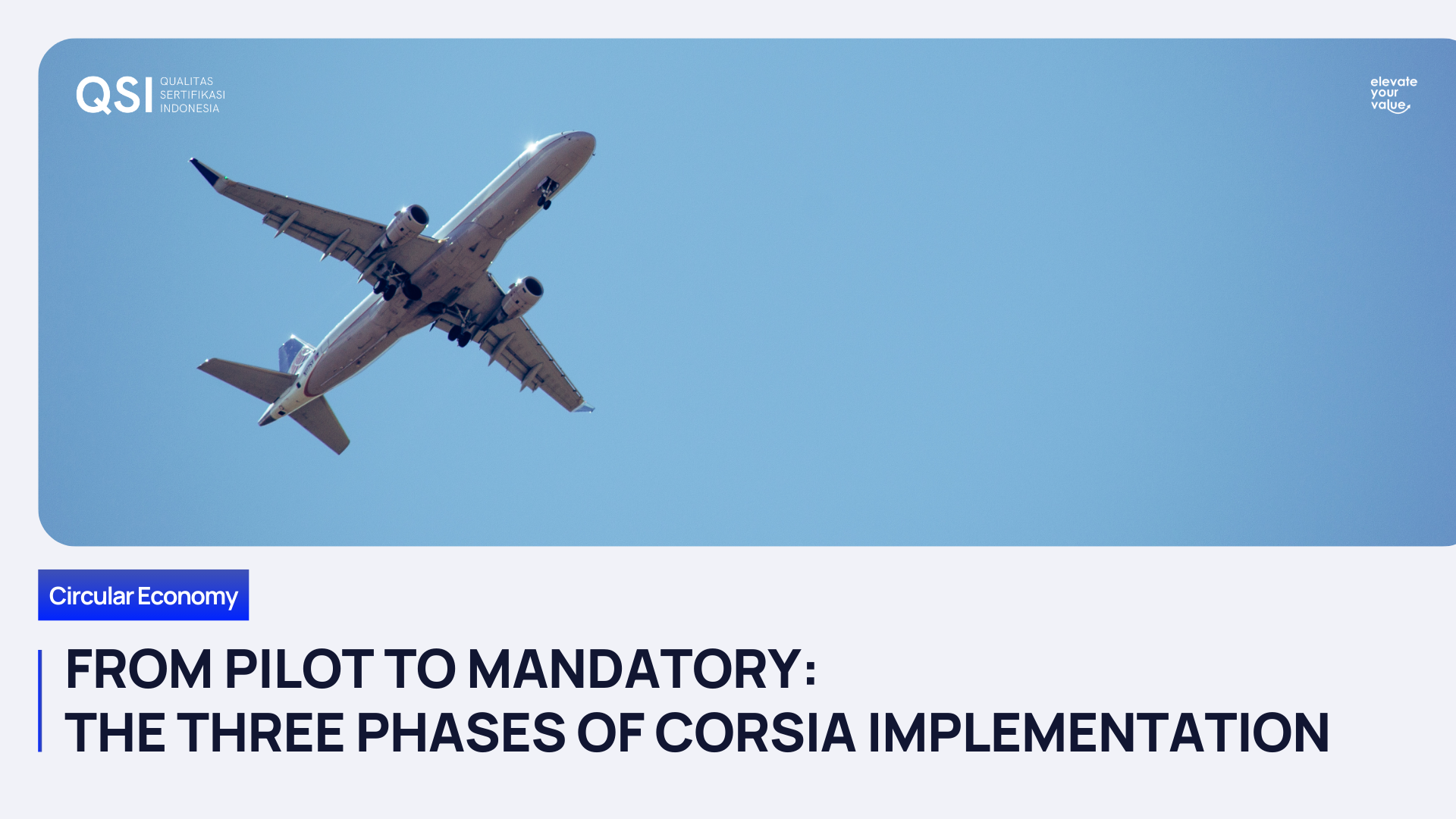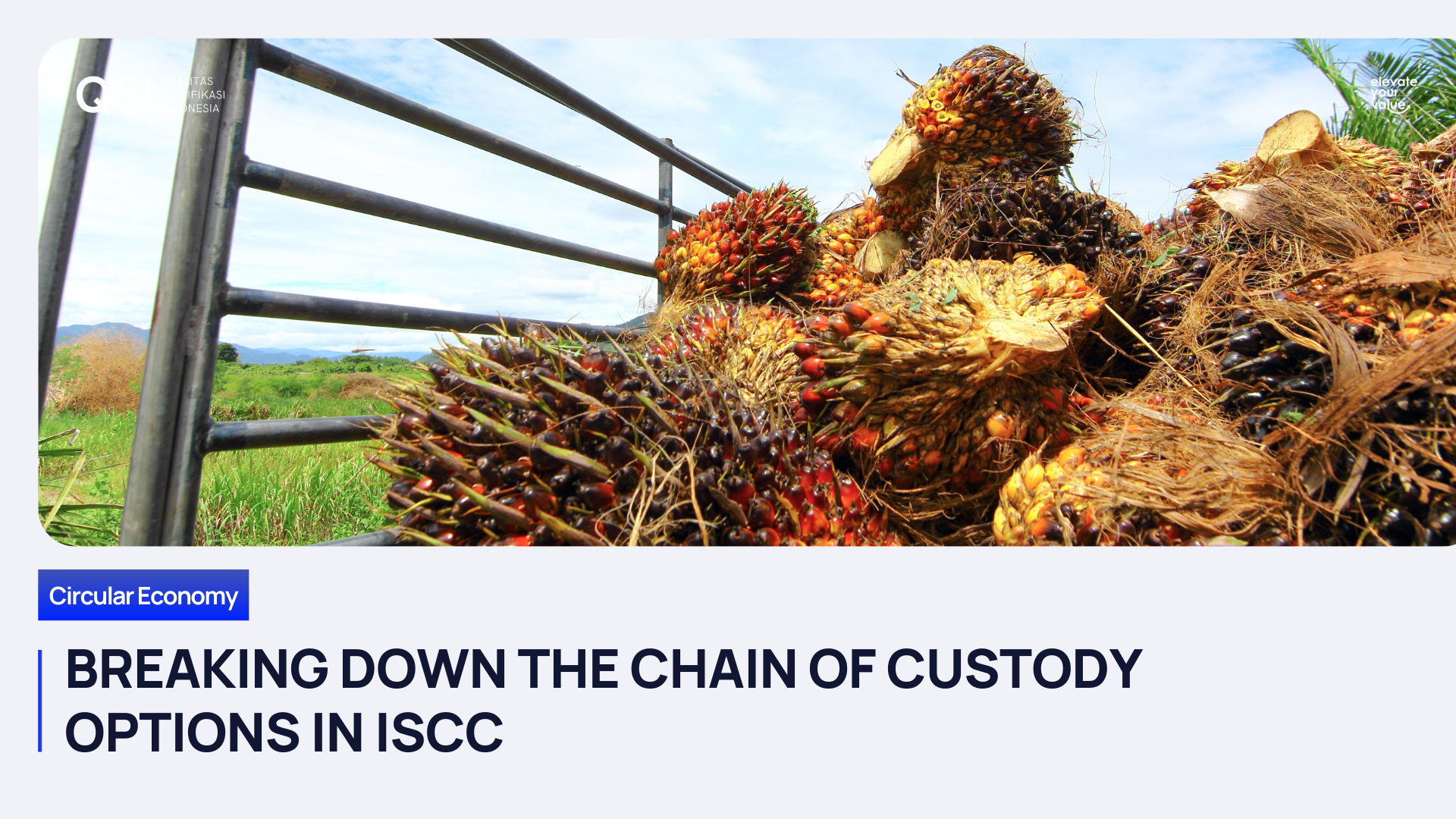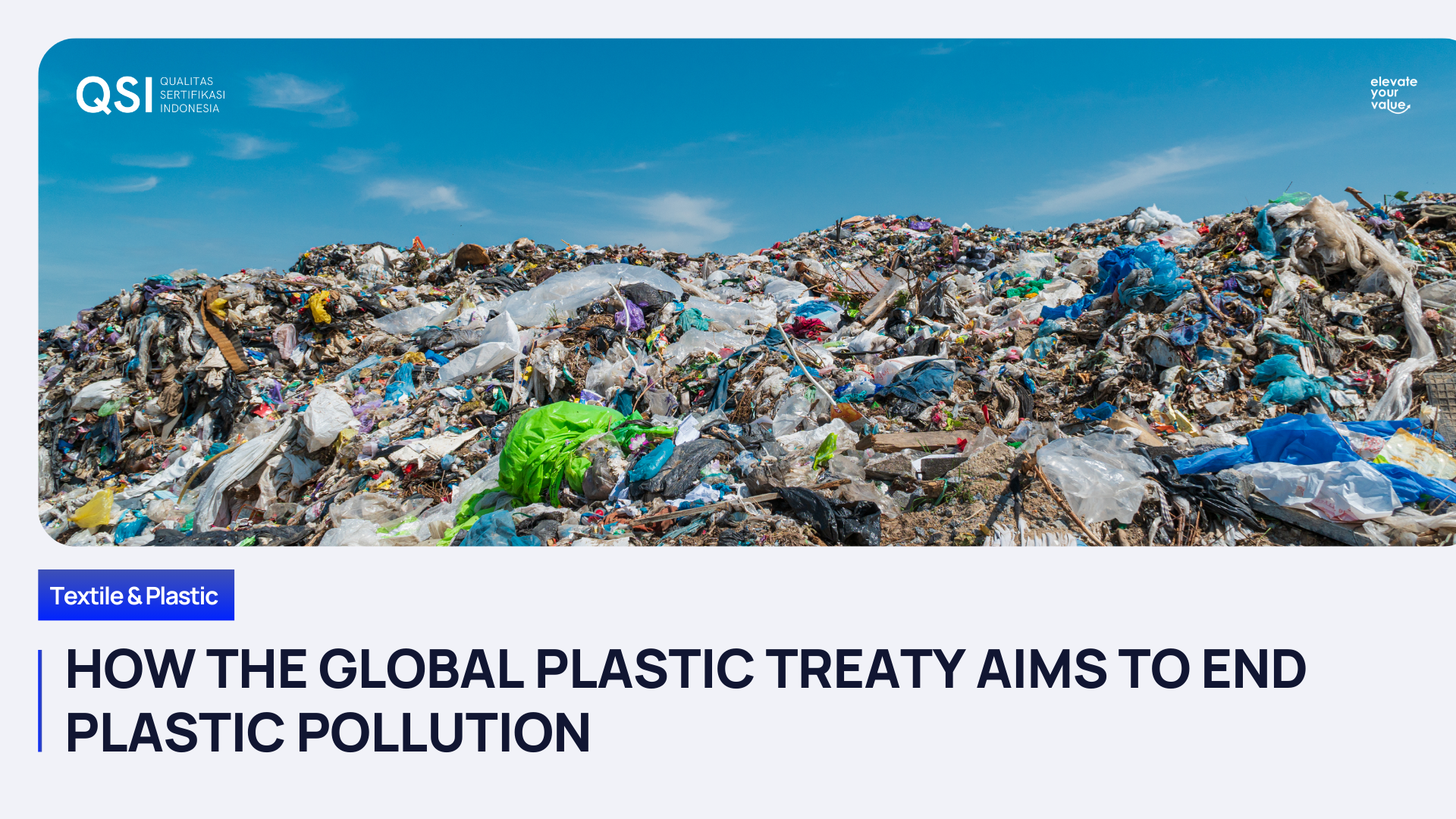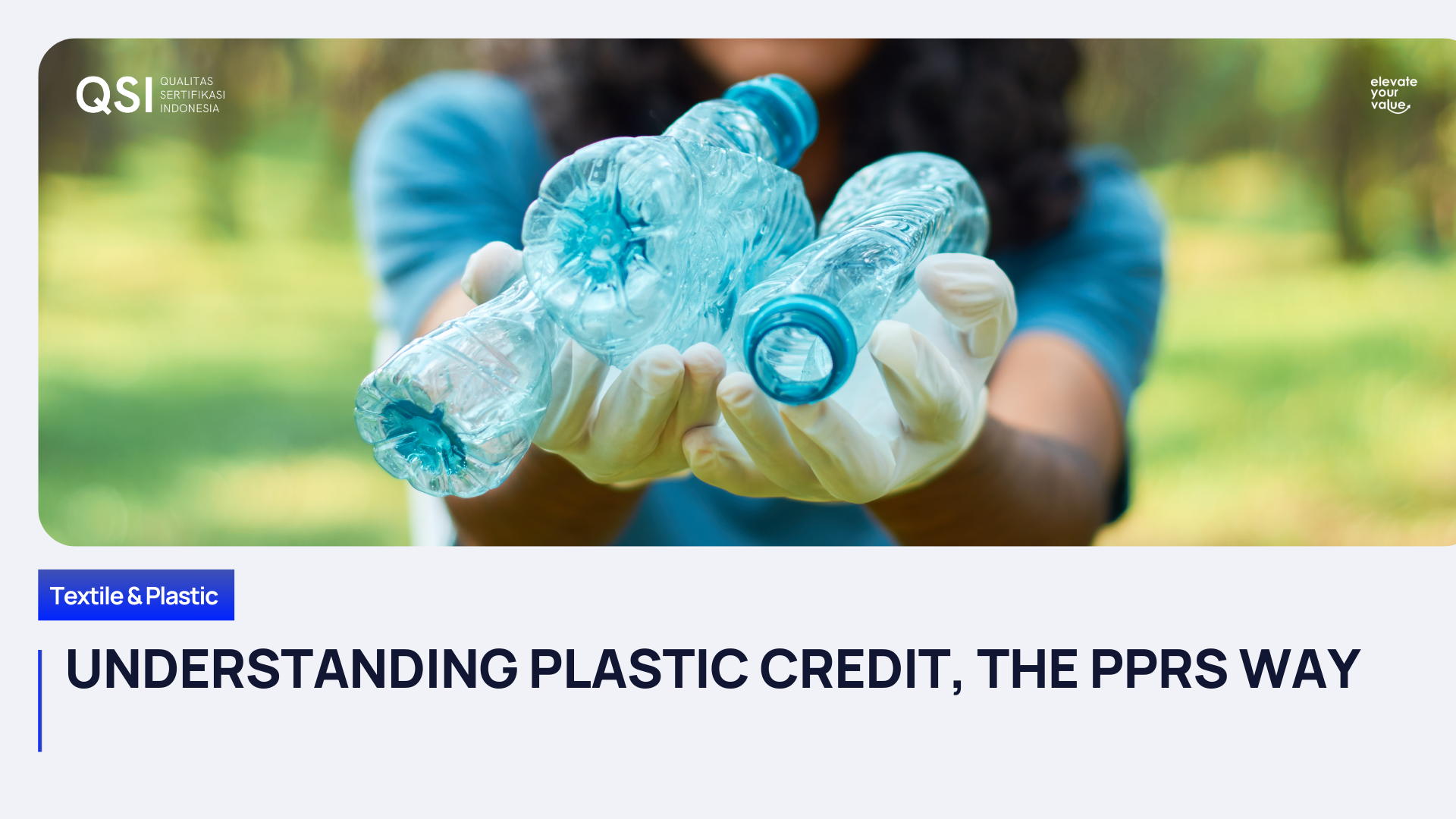Handling Carbon Offsets with ISCC CORSIA in the Aviation Industry
Hey Qualizer, good to have you back. This time, let's talk about the international aviation industry and its efforts to protect our beloved Earth. But before we begin, did you know that there are currently over 5,000 airlines registered with the International Civil Aviation Organization (ICAO) worldwide? Just imagine how much carbon emissions that translates to with so many operating on a daily basis!
According to the International Energy Agency (IEA) report, the aviation industry contributes over 2 percent of global CO2 emissions. This number has been growing faster in the past few decades compared to emissions from other modes of transportation.
That's why ICAO created the Carbon Offsetting and Reduction Scheme for International Aviation, or CORSIA, to help the international aviation industry reduce its negative impact on climate change. The main focus of this program is to address greenhouse gas emissions, such as carbon dioxide (CO2).
How does CORSIA work?
Well, the CORSIA mechanism aims to limit international flight emissions above a certain threshold. Airlines participating in CORSIA must report their emissions and then compensate for them through carbon offset projects in other sectors, such as emission reductions in other business lines or through other environmental projects.
Wait a minute, carbon offsets? What's that?
Alright, let's talk about carbon offsets. In the international aviation industry, carbon offsets refer to efforts to compensate for the CO2 emissions produced by flights by investing funds or resources in projects that reduce or eliminate CO2 in the atmosphere. The concept is based on the assumption that while it's difficult to completely avoid CO2 emissions from flights, compensation can be achieved by reducing emissions elsewhere.
How does the carbon offset mechanism work?
Identification of emission sources
This step involves determining and identifying the primary sources of GHG emissions from a company's activities. These sources can include energy production, transportation, industrial processes, agriculture, and more.
Setting emission reduction targets and investing in offset projects
Once the emissions are identified, countries or airlines must set targets for reducing emissions in the future. The goal is to achieve significant reductions in the coming years.
In addition, countries or airlines can invest funds or resources in projects that focus on reducing or eliminating CO2 emissions elsewhere. These projects can vary, ranging from forest planting to renewable energy use, waste management, or energy-saving programs.
Internal emission reduction
Next, airlines can also try to reduce emissions from their internal operations. This can be done by adopting more environmentally friendly technologies, using more efficient fuel, or improving overall operational efficiency.
But that's not all. Remember, carbon offset projects aim to achieve CO2 emission reductions equivalent to the amount of CO2 emissions generated by flights. For example, if a flight produces 100 tons of CO2, the offset project must reduce or eliminate 100 tons of CO2 from the atmosphere.
Certification and verification
This is equally important. Carbon offset projects must be recognized and approved by independent certification bodies like the International Sustainability & Carbon Certification (ISCC). Verification is crucial to ensure that emission reductions are genuinely achieved and meet the established criteria and standards.
Oh, by the way, a quick review! ISCC has been working to develop and adopt certification systems that meet the requirements of CORSIA set by ICAO. This certification also obliges the aviation industry to reduce greenhouse gas emission growth from 2021 onwards.
Offset credits
Lastly, once the offset projects are successfully verified, airlines will receive offset credits based on the amount of CO2 emissions that have been compensated through those projects.
As one of the institutions adopting ICAO's CORSIA system, ISCC's program also serves as a global framework to monitor and reduce carbon emissions in the international aviation industry. FYI, the ISCC CORSIA scheme has been implemented gradually since its adoption in 2016, with the first phase of the program commencing in 2021, involving several major airlines and member countries.
So, that's it, Qualizer! That's the explanation about carbon offsets in the airline industry and why it's important to obtain ISCC CORSIA certification. Explore further details on our website or contact us today to learn more!
Recent posts
Drop us a line
Contact Us
Share








